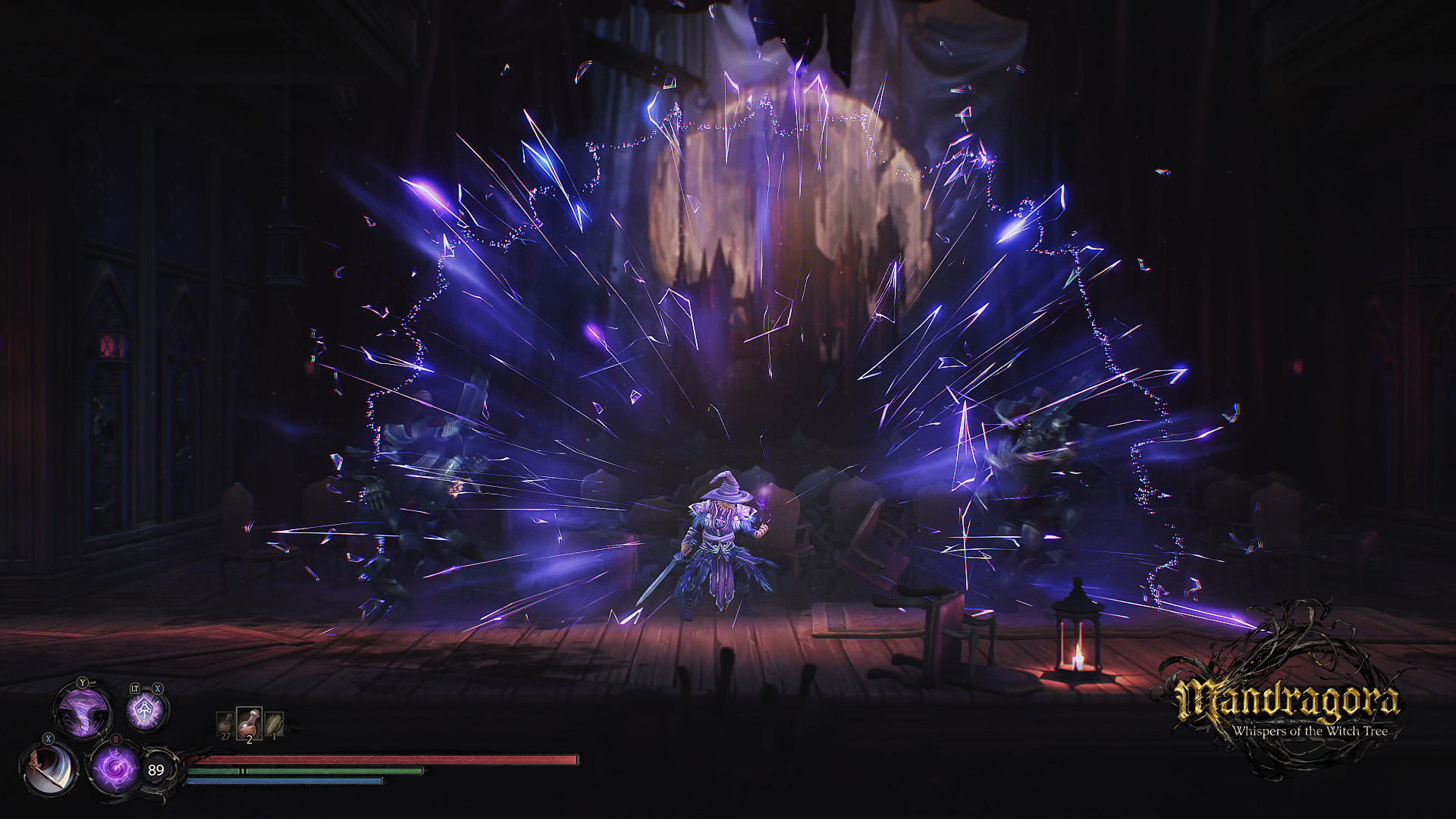Does Cortana have a future on Xbox One?
With Microsoft pulling direct Cortana integration from Xbox One, what does the future hold for the digital companion?
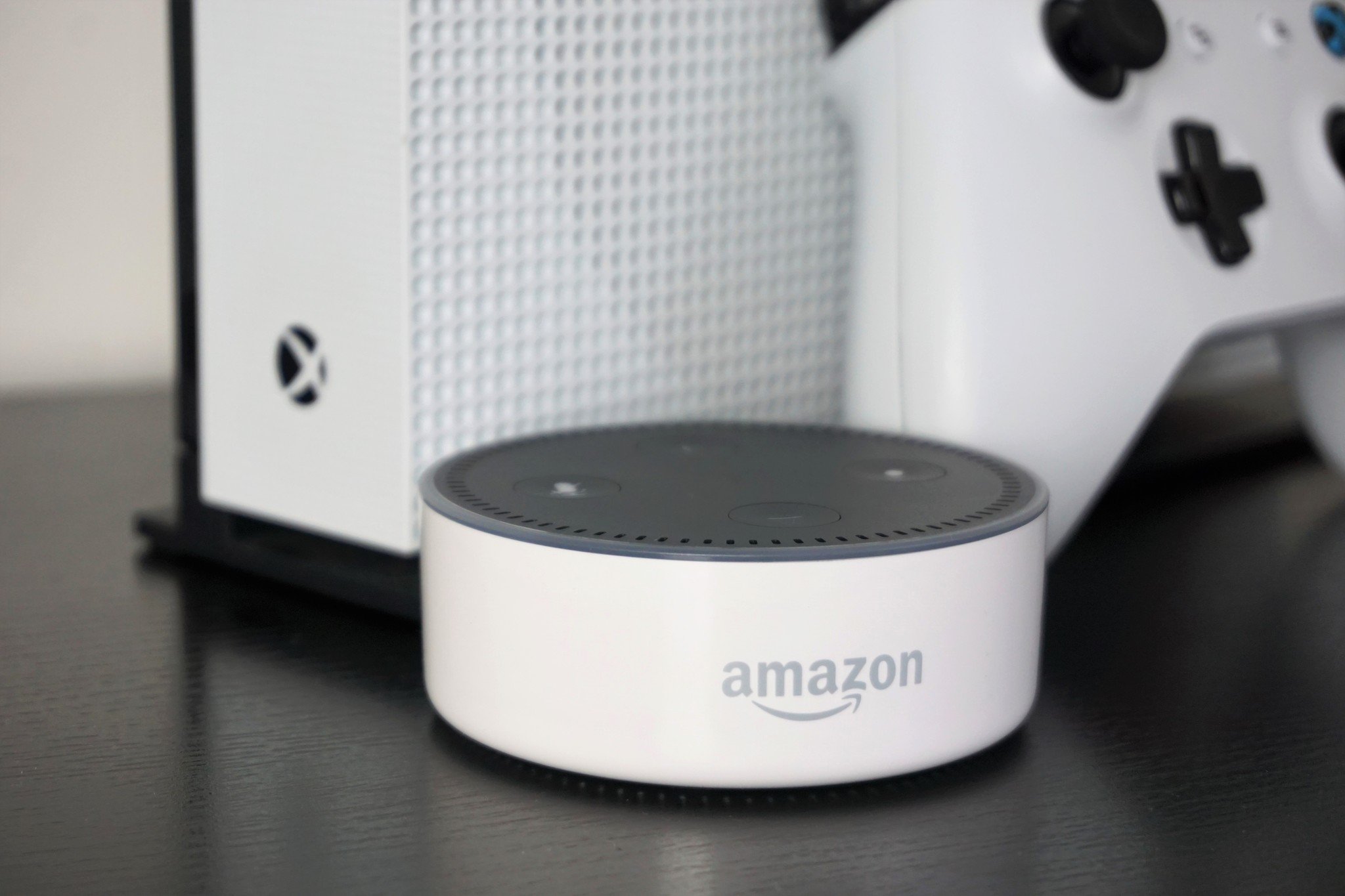
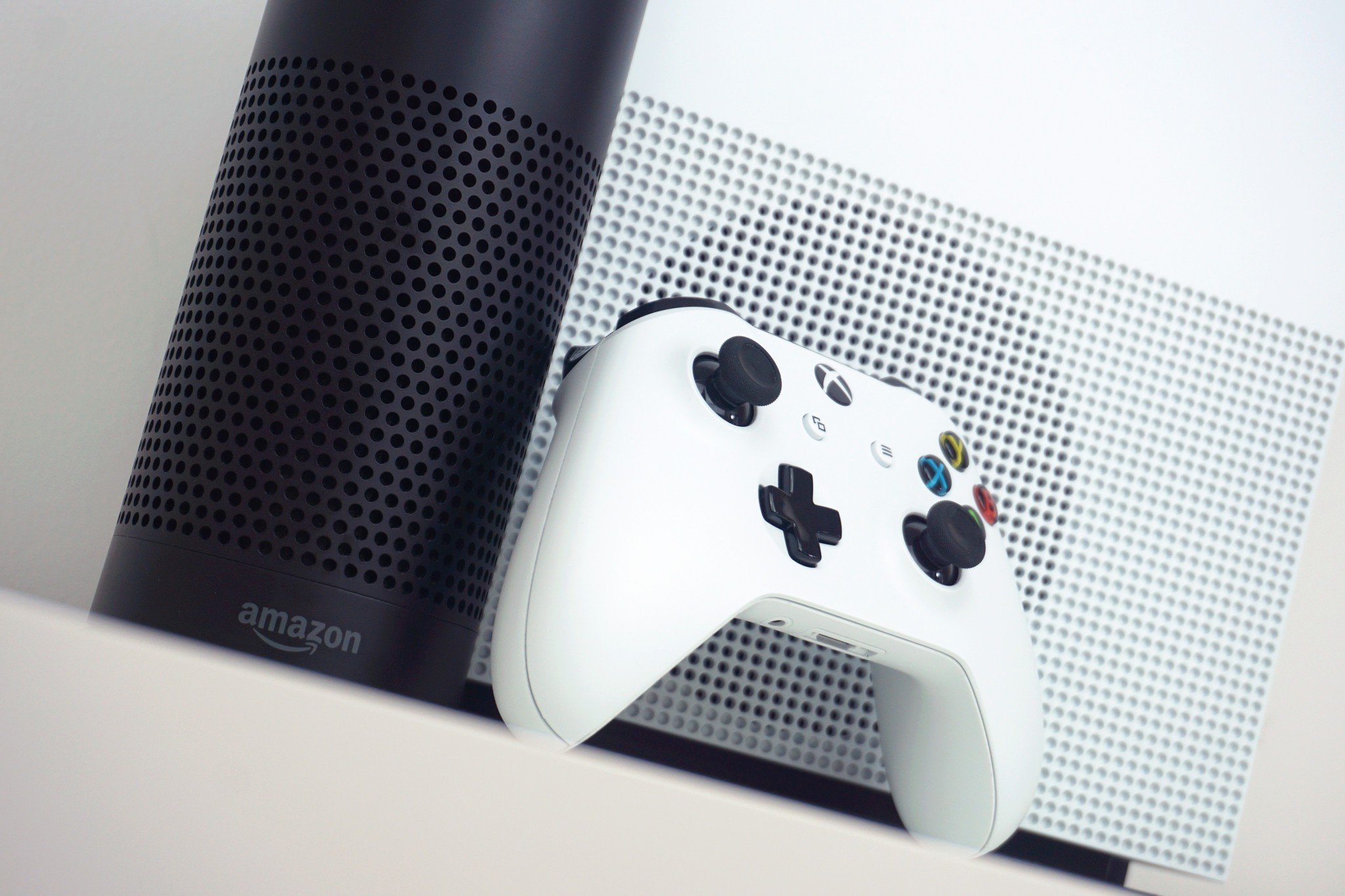
The Xbox One soon receives another significant overhaul, as Microsoft continues to build upon its home console OS. The reengineered layout further refines the Home startup menu, ditching a current tabbed interface for a streamlined, lightweight design. In theory, the update improves navigation speeds system-wide, cutting out pesky background clutter.
The upcoming refresh also scales back Xbox One's deep Cortana integration, Microsoft's in-house digital assistant spanning its extended Windows 10 ecosystem. Revoking Cortana support both via headsets and the ill-fated Kinect sensor, it shifts voice commands to external voice-enabled devices. With remote Cortana and Alexa support first introduced in 2018, focus now lies exclusively with external third-party speakers, apps, and other respective endpoints for the duo.
Cortana's Xbox One missteps, as Alexa looms
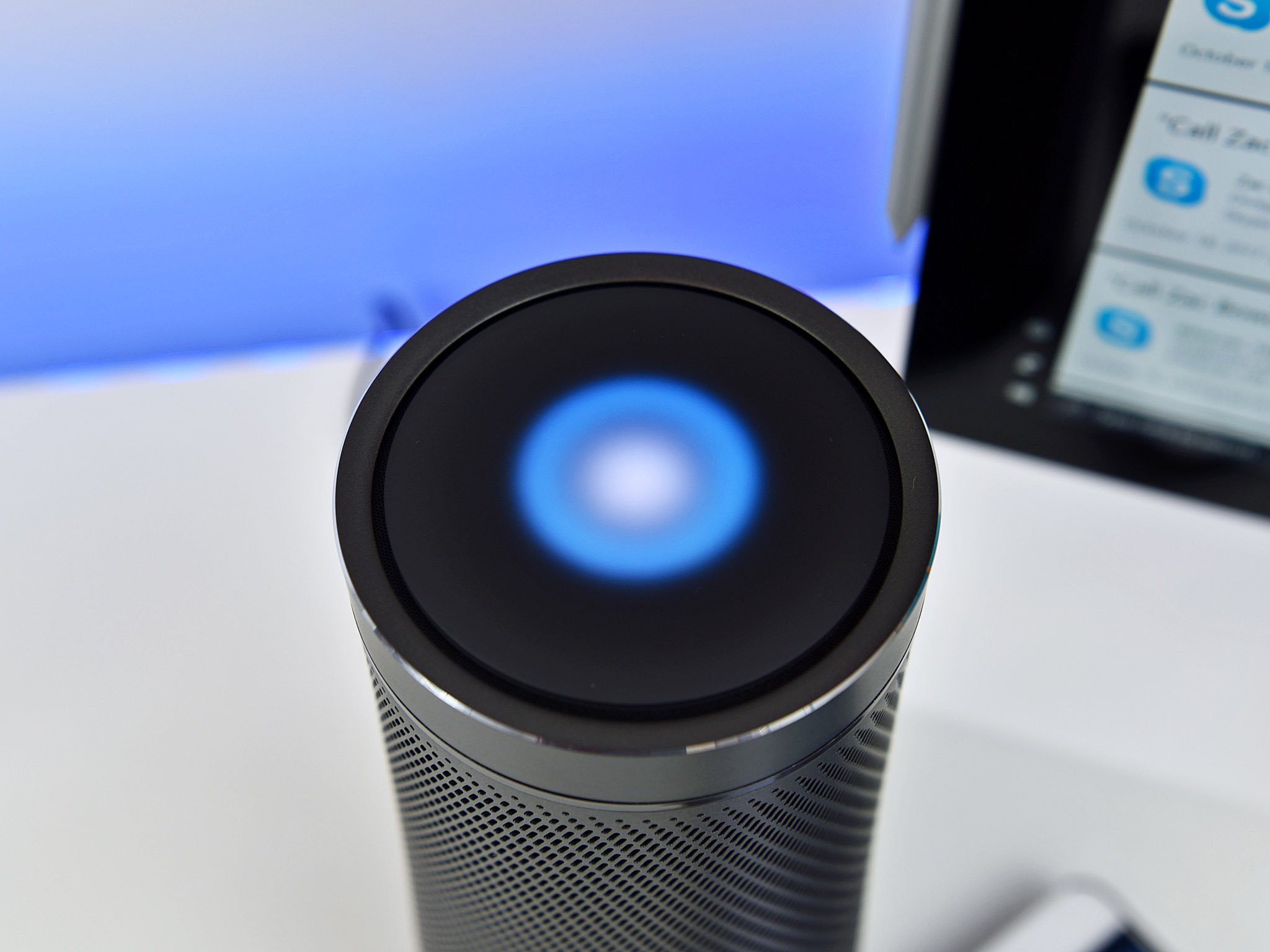
Microsoft has endlessly wrangled Xbox One voice commands, first shipping alongside the once-bundled Kinect sensor. Microsoft would later alleviate limitations of locally-processed inputs, bringing the scope of its connected Cortana voice assistant. But the result was an assistant grounded by clear shortcomings, often slow, inaccurate, and weighted by server latency.
The Xbox One saw Cortana improvements with time, introduced in parallel to Windows 10 PCs. We've seen new features and refinements (although many US-only) while also expanding into new territories. But Cortana soon became a shell of Microsoft's AI ambitions, offering little to progress beside Amazon and Google.
Instead, Microsoft now points its users toward Amazon Alexa integration, tapping into the mega-retailer's growing lineup of smart speakers. Already proving snappier and more capable than the Halo-inspired assistant, the downloadable Xbox Alexa Skill is now the best option for voice control across the Xbox family.
Related: How to use Cortana and Alexa on Xbox One
The state of Cortana for Xbox One
With Microsoft retreating its Cortana investments, it's only natural to question what lies ahead for the virtual companion. Microsoft is well-aware that Cortana has fallen behind in the space, but remains committed to pushing its presence. "Cortana is not dead," affirmed Andrew Shuman, Corporate Vice President of Cortana Engineering, in an interview with Windows Central at Microsoft's annual Build developer conference. "Fundamentally it is a foundational horizontal piece … like Microsoft Account, Microsoft Store, Microsoft Search."
Get the Windows Central Newsletter
All the latest news, reviews, and guides for Windows and Xbox diehards.
Cortana might be unable to compete with Google Assistant and Amazon Alexa, but Microsoft no longer looks to dominate the consumer space. It increasingly serves as an enhancement to Redmond's platforms and services, most recently doubling down on productivity amid an identify shift. As our Senior Editor, Zac Bowden, explained in 2018, "Microsoft's end goal is to integrate Cortana into Windows 10 seamlessly so that users don't even know they're using it."
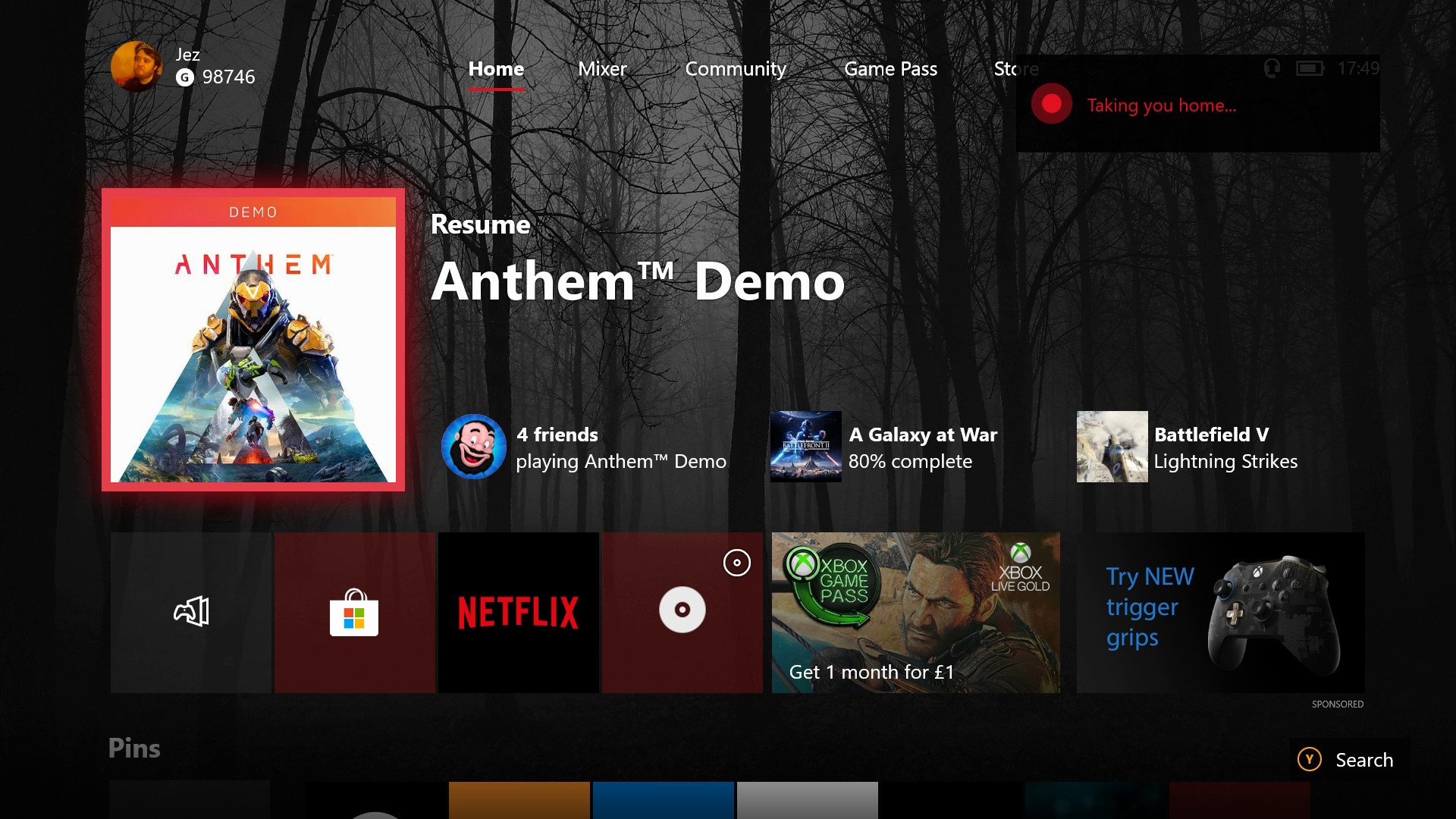
That transition comes with a retreating consumer presence, both on Xbox One, and the broader Cortana ecosystem. We've recently seen Cortana scaled back elsewhere too, most recently headlined by Johnson Controls' GLAS thermostat switching to Amazon and Google alternatives. Cortana has a place among the world of assistants, even if Microsoft is yet to nail down that identity.
Microsoft hasn't stopped its Cortana investments, far from the case, with continued patents striving for natural language advancements. Entertainment wasn't a centerpiece of Cortana and likely never will, with Amazon Alexa offering better suited consumer-facing services instead. It comes with the familiarity of millions of homes across the globe, even if the choice of Cortana still lingers today.
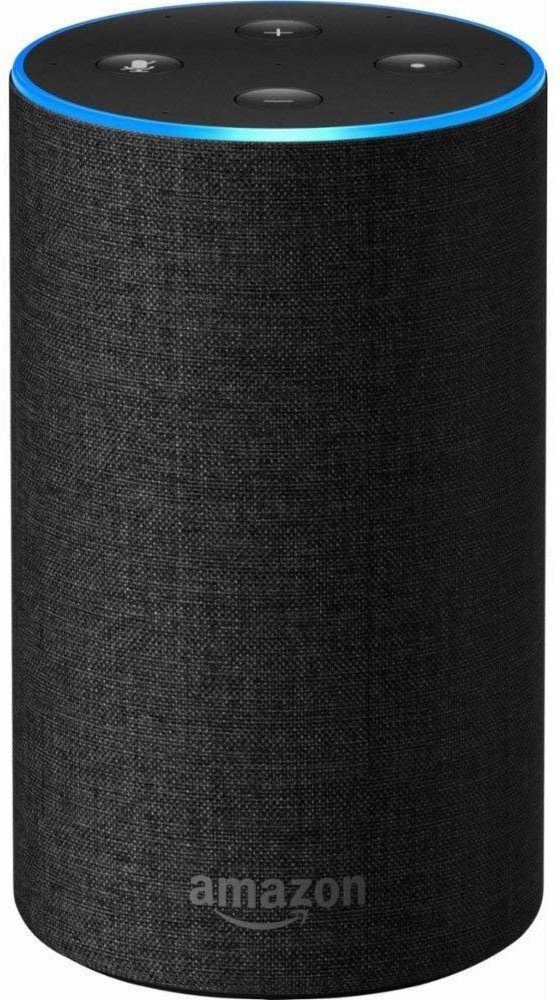
Jump into the world of Xbox voice commands.
You can now control your Xbox console using voice commands via an Amazon Echo speaker. The lowest-cost Echo devices are pretty affordable and currently sport the widest array of support for connected devices and services. The most affordable Echo device is the Echo Dot, starting at $30.
Matt Brown was formerly a Windows Central's Senior Editor, Xbox & PC, at Future. Following over seven years of professional consumer technology and gaming coverage, he’s focused on the world of Microsoft's gaming efforts. You can follow him on Twitter @mattjbrown.

